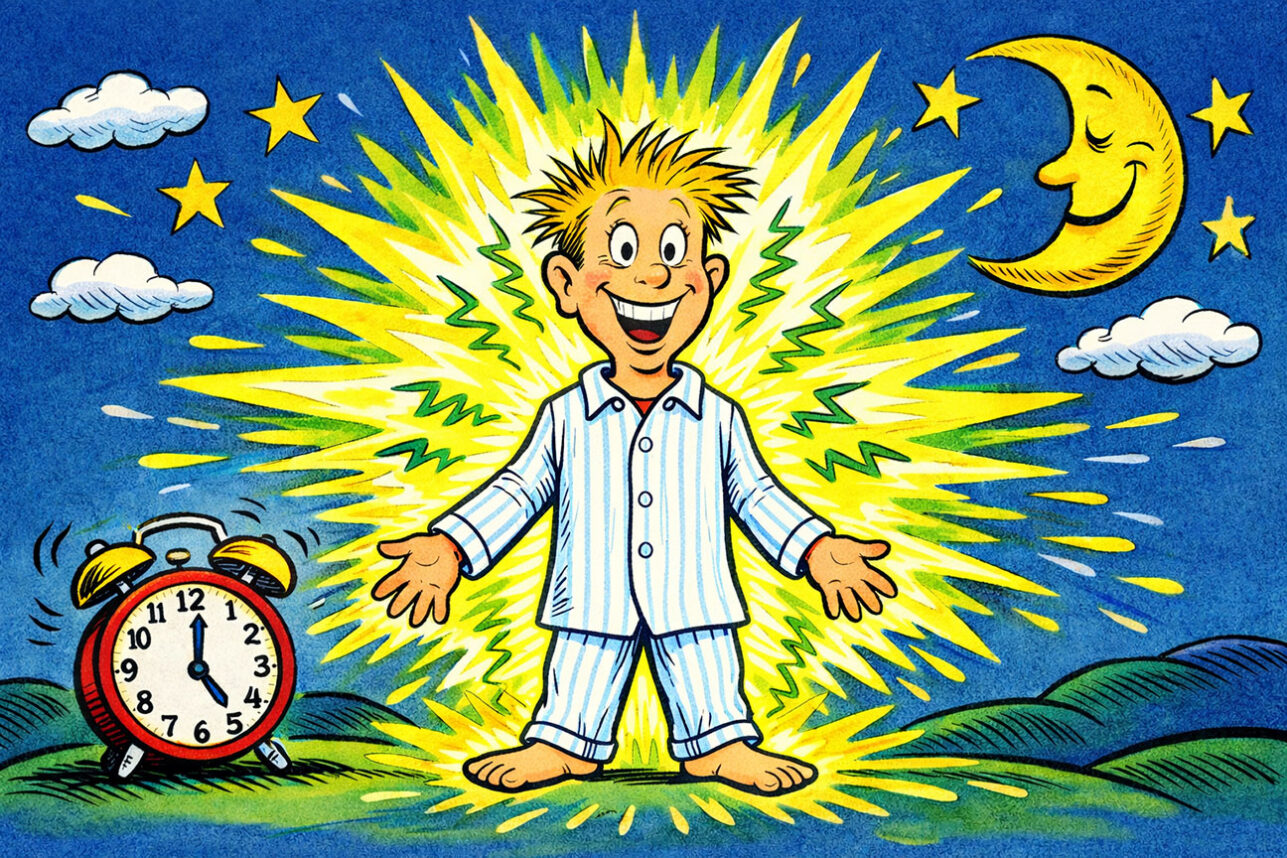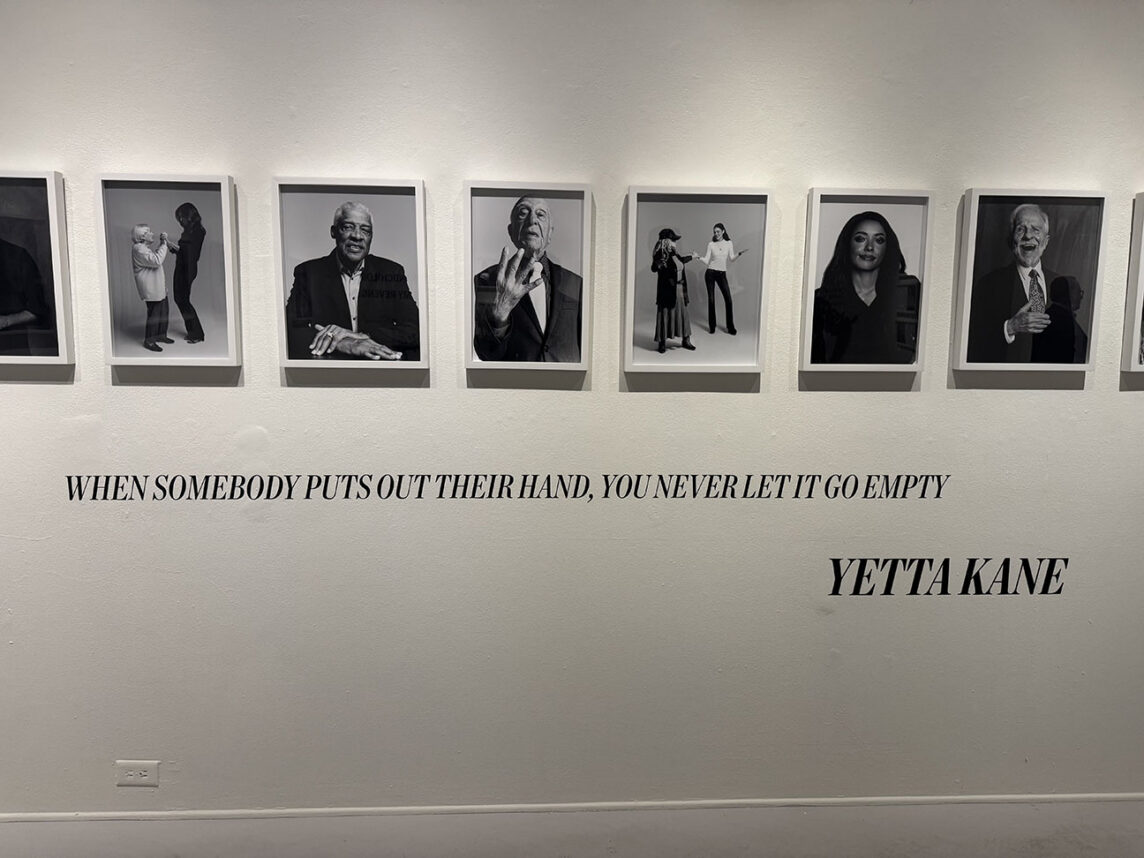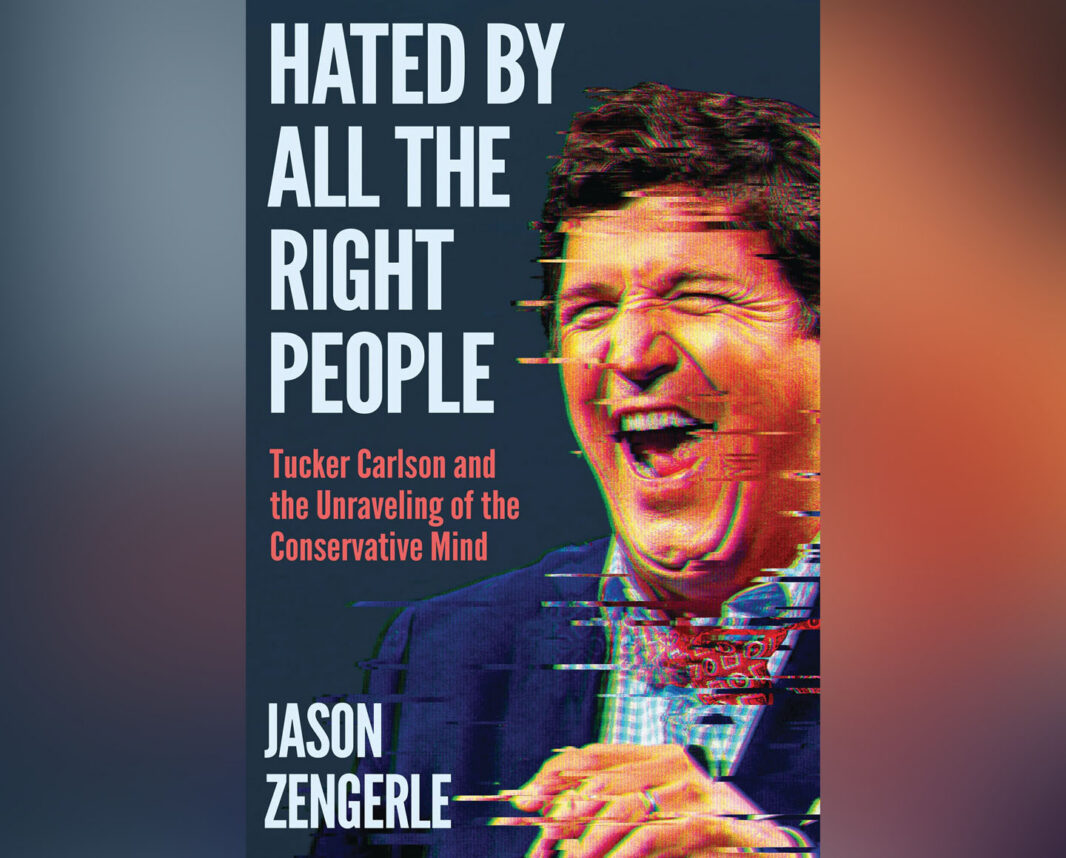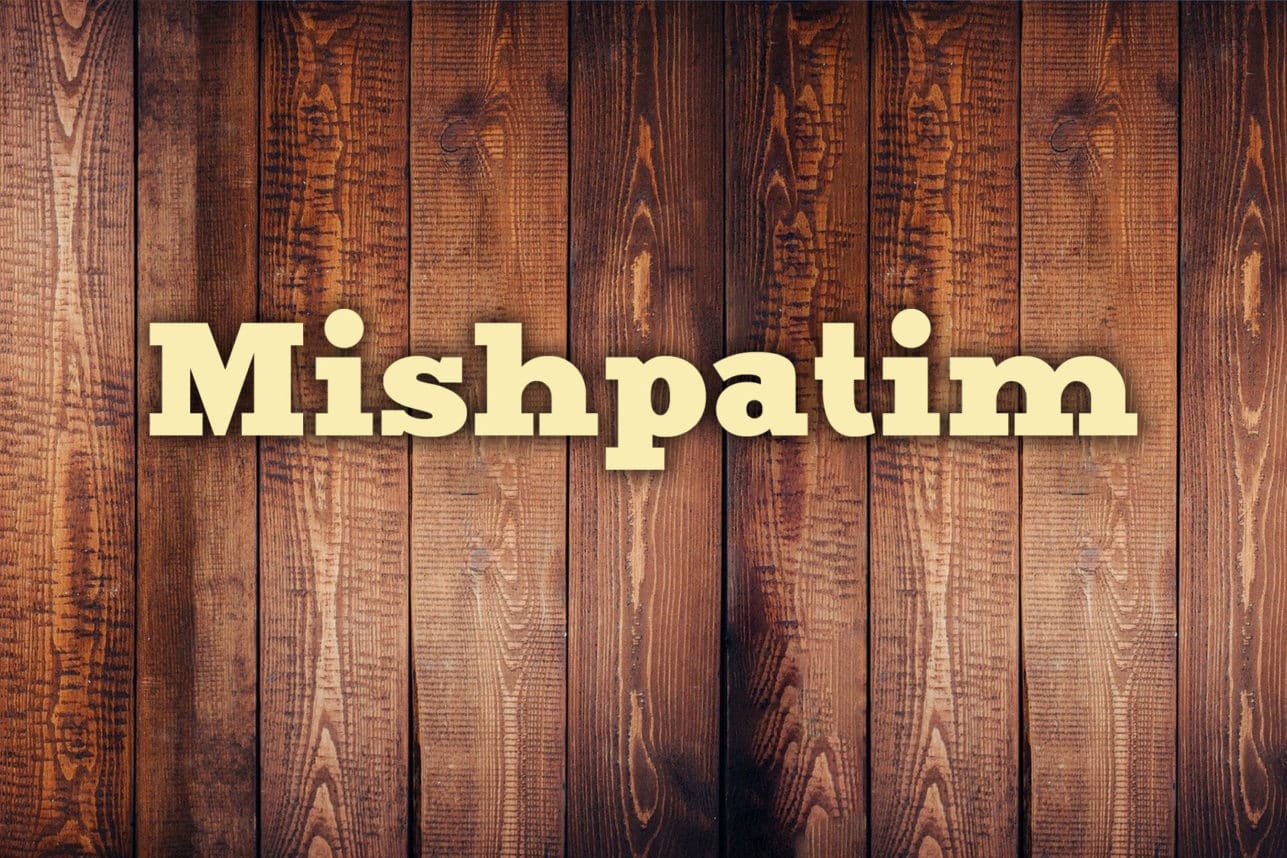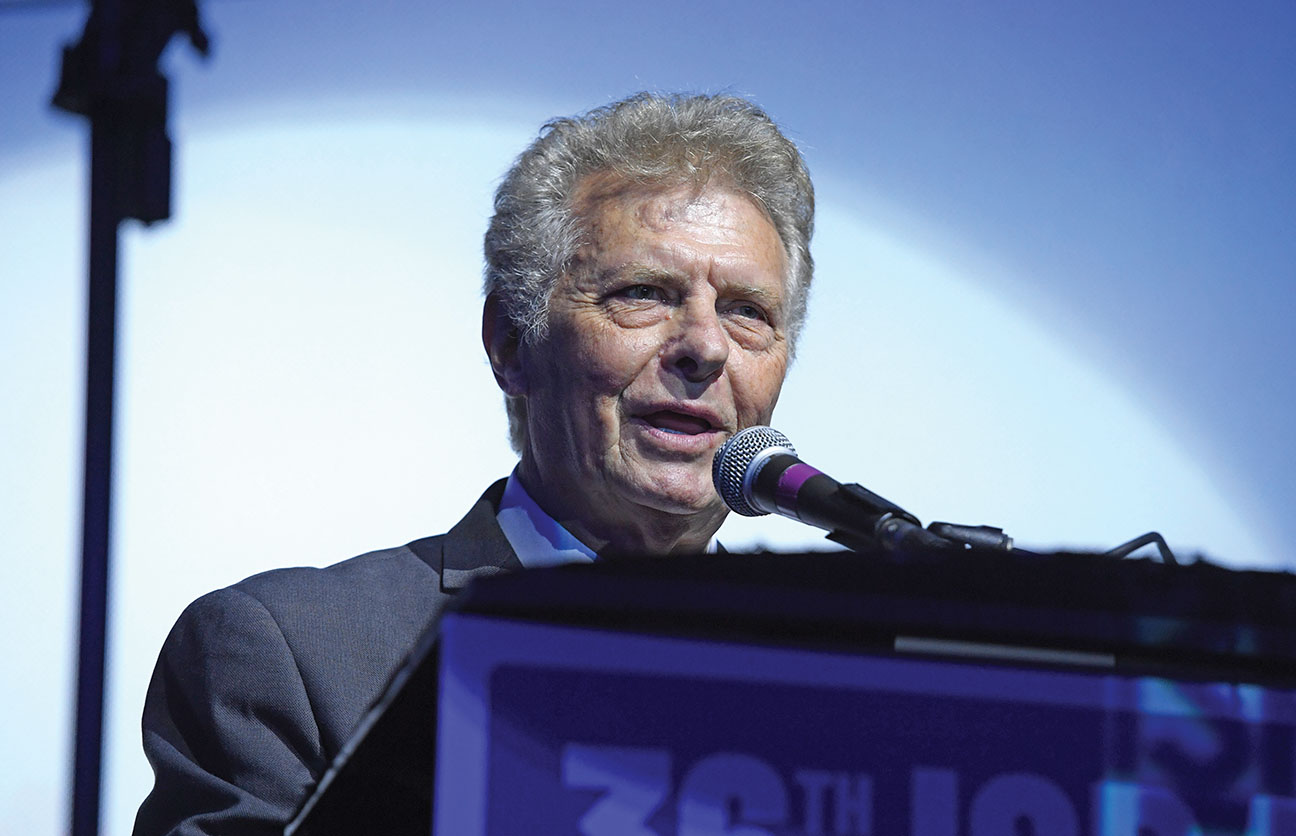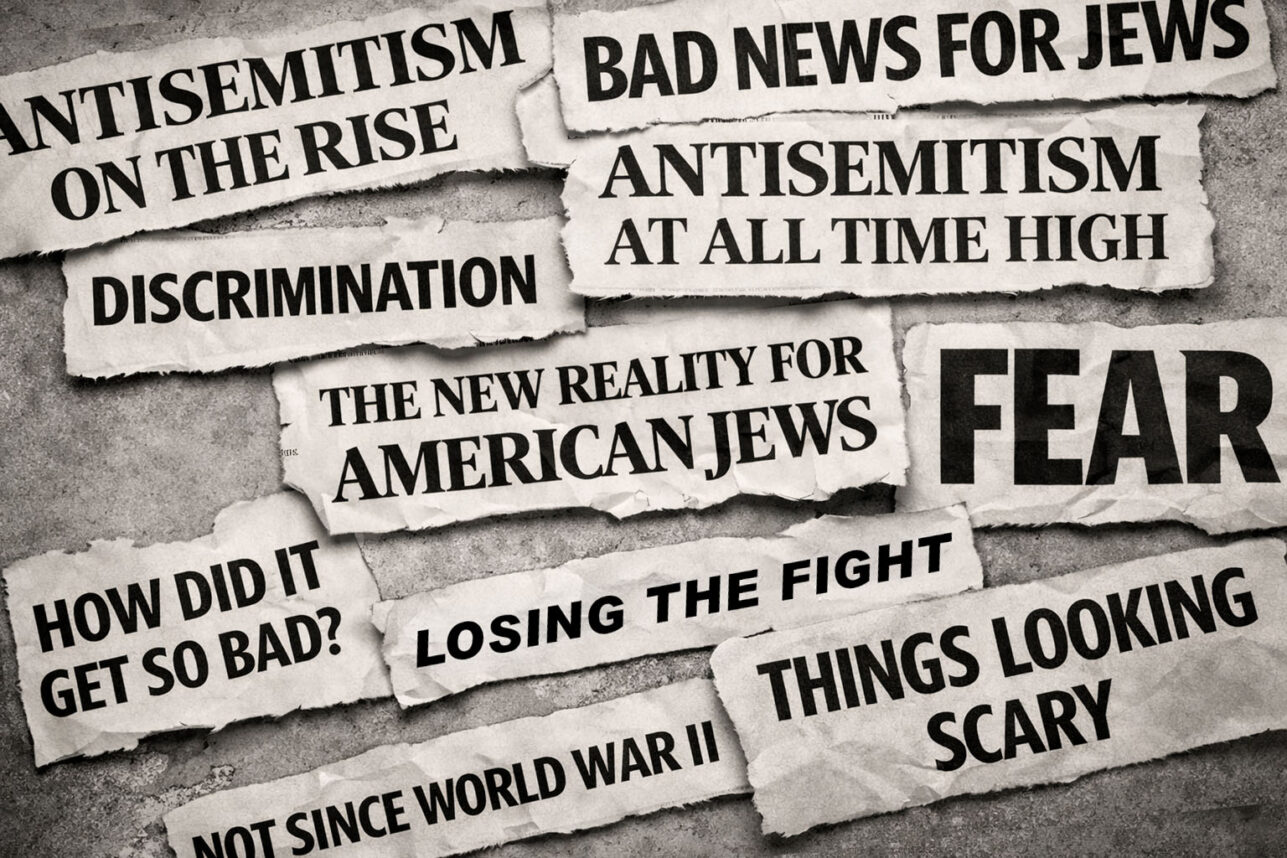Theodore Sasson of the Cohen Center for Modern Jewish Studies at Brandeis University discusses his study on the attachment of American Jews to Israel.
I will start with the most complicated question: what is distancing? What exactly are we measuring when we ask young Jews questions about their attachment to Israel?
Distancing is the claim that the emotional attachment of American Jews to Israel is declining. The evidence is drawn from surveys that assess emotional attachment with questions such as “How close are [you] to Israel” or “How emotionally attached are you to Israel.” In most surveys, attachment declines from the oldest to the youngest age cohort.
The analytical challenge is to determine whether this pattern shows declining attachment across the generations or increasing attachment over the lifecycle. The only way to make this determination is to add an historical dimension to the analysis. That’s why our research examines surveys conducted at multiple points over the past several decades.
We’ve focused much of our research on survey data because that’s the evidence that proponents of the distancing hypothesis cite. There are, however, other ways of measuring attachment to Israel. In other work we have examined trends in tourism, philanthropy and activism.
Please explain briefly: what is the new evidence against “distancing” you have in your study?
Our new study compares Israel attachment in four pairs of surveys conducted at ten year intervals: the National Jewish Population Survey (1990 and 2000) and community surveys of Miami (1994 and 2004), Boston (1995 and 2005) and South Palm Beach (1995 and 2005). In all four pairs, Israel attachment increased from the 1990s to the mid-2000s and the largest increases occurred as the young adult cohorts matured into middle age.
The new study strengthens the case against distancing in three ways. First, it addresses a critique that our earlier work, based on analysis of 20 years of American Jewish Committee annual surveys, omitted individuals who identify as Jewish but do not consider Judaism to be their religion. The surveys we examine in the new paper include both “Jews by religion” and “Jews not-by-religion.” Second, the new work documents the increase in attachment that occurred as the younger generation transitioned to middle age; that is, it shows a “lifecycle effect.” Finally, the new study adds four new independent points of comparison that collectively provide powerful confirmation of the pattern we first observed in the AJC surveys.
In previous studies it was quite clearly stated that political views were not identified as cause for attachment or unattachment to Israel, but your recent study suggests that the second Intifada had positive impact on attachment – are these findings contradicting one another? Can political events have impact more than we cared to admit thus far?
Most research reports no relationship between general political views and emotional attachment to Israel. That is, there is no consistent evidence that Jewish conservatives are more attached than Jewish liberals. But this does not mean that political events do not influence attachment. Overall, judging from the AJC time series and the four additional pairs of surveys examined in the new paper, attachment increased during the first part of the 2000s. We do believe this increase is an expression of increased identification with Israel in the context of the Second Intifada—but we have no way of proving it.
Why do people keep talking about distancing when most studies do not find much proof to support distancing claims?
There is a great deal of contentiousness over Israeli policies which many seem to misinterpret as an indication of declining attachment. On the right, in particular, writers describe the recent successes of J Street as an indicator of Jewish alienation from Israel (there is no evidence that it is so). The left also promotes the distancing narrative but mainly as a political weapon against Israeli government policies, which are described as alienating the next generation from Zionist and Jewish identities. Add to the mix the perennial interest of Jewish organizations in fundraising and you have a very potent set of interests driving the distancing narrative.
Is there reason to be worried about future ties between American Jews and Israel – are there any warning signs that we can’t yet see in the studies you and your colleagues publish?
There are reasons for both concern and optimism. On one side of the ledger, intermarriage and the right-wing drift of the Israeli polity may yet prove significant factors in the ties of American Jews to Israel. In addition, further damage to the standing of non-Orthodox movements in Israel would likely do great harm. On the other side of the ledger, the dramatic expansion of educational tourism and long-term programs in Israel means that the next generation of American Jews will have closer personal ties to the Jewish state than any preceding generation. Indeed, for today’s teenagers, a substantial educational experience in Israel will be virtually normative. The implications of this development have not yet been fully comprehended.
The end of Jews “distancing” from Israel? (Yeah, right)
Have something to say about this? Join the debate at Rosner’s Domain on Facebook











